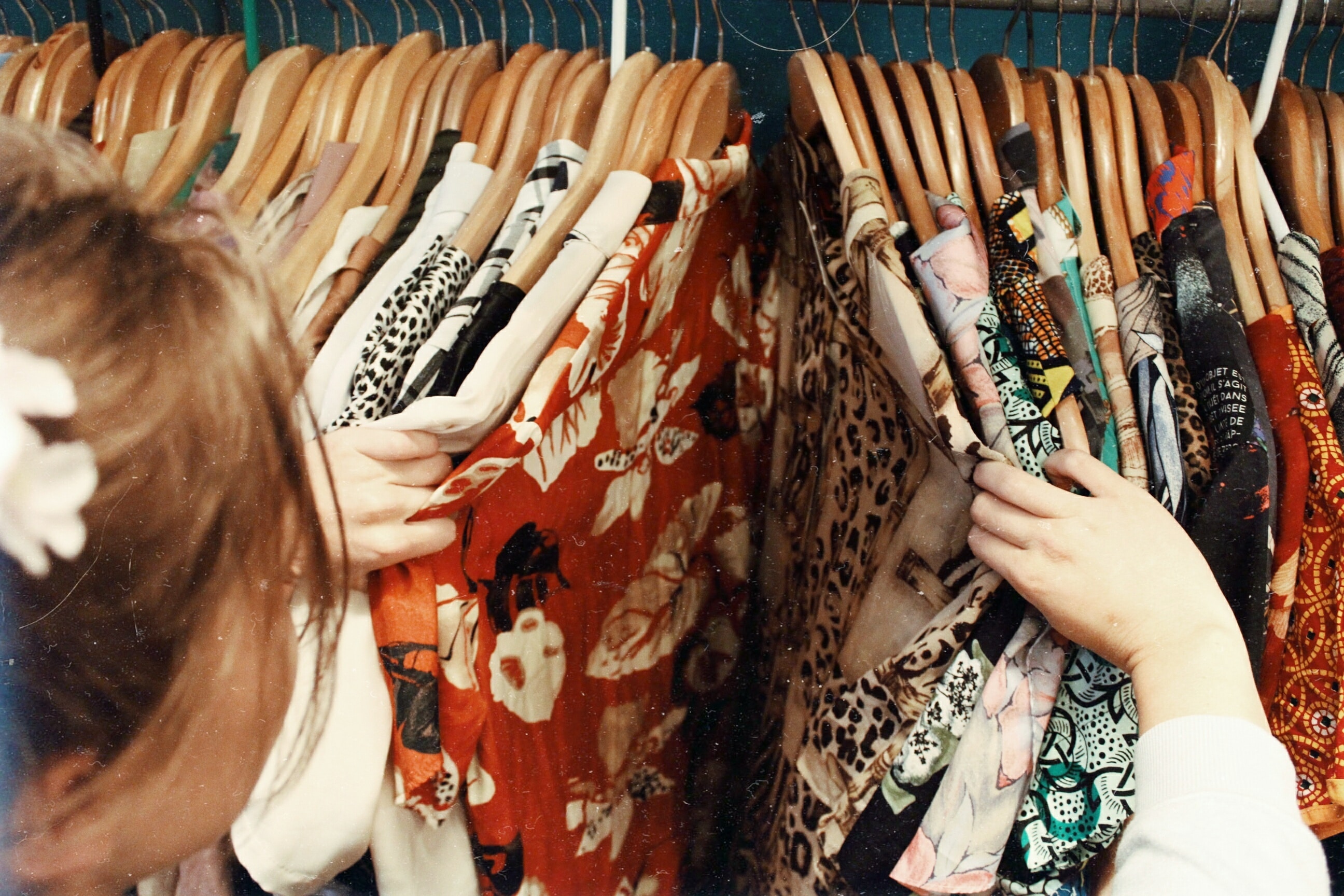It’s time to let go of old silo-based paradigms of abundance. Wealth isn’t what we own — it’s what we share.
The last decade has seen the rise of the sharing economy. Once laughed at, the unicorns of today help us share our houses — AirBNB. They help us share our transport — Uber. And, they also help us share our music and movies — Spotify and Netflix.
Now, we are seeing the rise of share clothing platforms — e.g. The Volte. And rather than commute long-distance to centralized offices, we can work remote in co-working spaces. e.g. Happy Spaces.
If in a new era of peer to peer, do we even have to own anything anymore?
Abundance isn’t defined anymore by what we own. It’s defined by what we have access to.
I still see other people offering courses and programs helping womxn to “manifest” what they want — and I’ll be honest, it makes me feel a little uncomfortable.
It just seems so… dated.
We are at a unique transition period in time, where manifesting what is good for us, our communities, and our planet isn’t just about “getting what we want” anymore.
We did that in the 80s and 90s. It was called capitalism. It didn’t work. It brought us global environmental destruction, habitat loss, catastrophic pollution and a climate crisis.
If we are intent on manifesting abundance, it’s not about getting what we want anymore. It’s about borrowing it.
When we participate in a sharing economy, we aren’t mere “consumers”. We are closing the loop on consumption, to help build a more sustainable, fairer world. When we don’t need something anymore, we pass it on to someone who does.
There are crypto-based sharing economies active now, too, like ShareRing. So, rather than pay with money, you pay and are paid with crypto.
We are entering a new world paradigm where we don’t go to the local mega-store to buy a new tool or household item. We don’t even go onto second-hand platforms like Gumtree or auction sites. We go onto sharing apps and book the item for the time we need it for the amount we are willing to pay.
This is one of the beautiful ways we are rebuilding the value of community back into our economy.
When we are individuals acting in a capitalistic economy, the relationship is merely between us, and the often faceless business we are buying from.
We interact with the marketing, visit the store (which may be online), and make the purchase at the checkout — and even in-store checkouts are often automated and don’t have people on them.
We’ve lost the experience of going to the village market or forum, and conversing with our local network of producers and stallholders, to catch up on the local news and sentiment.
The true cost of capitalism has been relationship.
However, when we are sharing, as we do in the share economy, we are often required to interact with the real human being behind the offer as the basic principle of accessing the item or experience sought.
When we go to an AirBNB, we meet the host during handover and talk about the sights of the new area we’ve come to. The actual owner of the car drives us with an Uber, and if the drive is long enough we’ll hear much of each other’s story. When I go and pick up my borrowed tool on ShareRing, I’ll be meeting the person who owns it and hear about some of the other jobs it’s been used for.
What happens when share as a foundational principle of the economy? We talk. We communicate. We relate and connect.
We actually build meaningful connections over a common interest or experience, which we can’t during the flitting transactional experience of a consumer-company relationship.
This isn’t an accident. There’s a reason why we are moving globally towards a shared economy.
It’s because it’s more efficient.
Wildlife and ecosystems have shared the same resources for millennia — by living in mutually beneficial relationships. Diverse animals drink from the same stream. Graze the same ground. Roost in the same tree.
If each species had to own its own tree, or land, or watering hole, even when they use it differently, it all becomes very inefficient and impractical. It becomes wasteful.
If you take away relationship, you are left with extraction and desolation, as so much is wasted to get to the one thing we want and can make use of.
Humanity isn’t just learning to share with each other right now. Through the growing paradigm of the sharing economy, we are actually learning to share with the world.
So, when I coach my clients in abundance, I am going to be leaving behind the idea of “getting what we want.” Yes, abundance is about having access to what we need in the moment. But do we need to own it?
What if true abundance isn’t about getting anything at all? What if, instead, it’s about sharing and giving?
Learning to manifest isn’t just about manifesting wealth — for ourselves. It’s about manifesting abundance for everything and everyone — through sharing.
The paradigm of wealth as we know it is about to change — from how much we own, to how much we can give.


